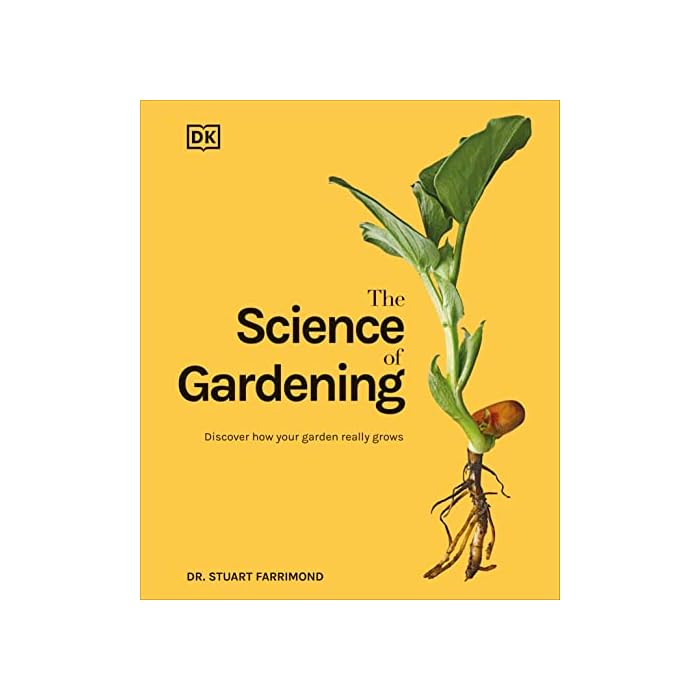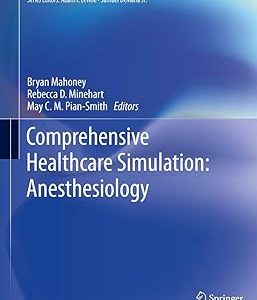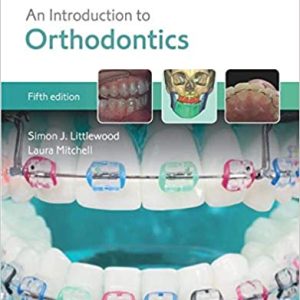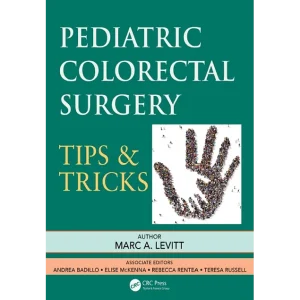Description
The science of gardening is a fascinating field that combines principles from biology, ecology, chemistry, physics, and even meteorology. Gardening isn’t just about planting seeds in the soil—it’s about understanding the interactions between plants, their environment, and the gardeners’ actions. Below are some key scientific concepts that play a crucial role in successful gardening:
### 1. **Soil Science**
– **Soil Composition**: Soil is made up of minerals, organic matter, water, and air. The balance of these elements affects plant growth. Sandy soil drains quickly, while clay soil holds water. Loamy soil is often considered the best for gardening because it retains moisture yet drains well.
– **Soil pH**: Soil pH determines how well plants can absorb nutrients. Most plants prefer a neutral pH (around 6-7), but some plants, like blueberries, thrive in acidic soils, while others, like lilacs, prefer alkaline conditions.
– **Soil Fertility**: Healthy soil contains essential nutrients like nitrogen, phosphorus, and potassium. These nutrients can be supplemented through compost, organic matter, or fertilizers. Microorganisms in the soil also play a vital role in breaking down organic material and enriching the soil.
### 2. **Plant Biology**
– **Photosynthesis**: Plants use sunlight to convert carbon dioxide from the air and water from the soil into glucose (a type of sugar) and oxygen. This process, called photosynthesis, is essential for plant growth and is influenced by light intensity, temperature, and water availability.
– **Watering**: Water is crucial for nutrient uptake and photosynthesis. Plants absorb water through their roots, and its availability impacts plant health. Overwatering can lead to root rot, while underwatering can cause wilting and poor growth.
– **Plant Growth Stages**: Plants go through several stages of growth, including germination, vegetative growth, flowering, and fruiting. Each stage requires different conditions such as light, temperature, and nutrition.
### 3. **Ecology and Biodiversity**
– **Ecosystem Balance**: Gardens often mimic ecosystems where plants, insects, and microorganisms interact. Beneficial insects like bees, ladybugs, and butterflies help pollinate flowers and control pests. Creating a balanced ecosystem can reduce the need for chemical pesticides and promote sustainable gardening practices.
– **Companion Planting**: Certain plants grow better together due to their natural chemical or physical interactions. For example, planting basil near tomatoes can improve growth and flavor, while marigolds help deter pests from vegetables.
– **Pollination**: Pollination is essential for fruit and seed production. Many plants rely on insects like bees, butterflies, and moths to transfer pollen from one flower to another. Some plants are also wind-pollinated.
### 4. **Climate and Weather**
– **Temperature**: The temperature influences the rate of plant growth, flowering, and fruit production. Some plants are adapted to cool climates, while others need warm temperatures to thrive. Gardeners often need to consider their region’s hardiness zone to select the right plants.
– **Light**: The amount of sunlight a plant receives affects its growth. Some plants require full sun, while others do better in partial or full shade. Understanding how light affects plant development can help gardeners place plants in the most favorable locations.
– **Rain and Humidity**: Rain is a primary source of water for plants, but it can be unpredictable. Humidity levels also influence plant transpiration (the process of water vapor loss from plants), which in turn affects their water needs.
### 5. **Pest Management**
– **Biological Control**: One of the most effective ways to manage pests is through biological control, which involves using natural predators like ladybugs to control aphids, or nematodes to reduce root-feeding insects.
– **Chemical Pesticides**: While effective in controlling pests, chemical pesticides can harm beneficial insects and pollinators. Organic or eco-friendly alternatives, such as neem oil or insecticidal soap, are often preferred by gardeners who want to reduce their environmental impact.
### 6. **Gardening Techniques**
– **Mulching**: Applying a layer of organic or inorganic mulch on the soil surface helps retain moisture, suppress weeds, and improve soil quality by decomposing over time.
– **Pruning**: Pruning involves removing dead or diseased branches and shaping plants for better airflow, sunlight exposure, and overall health.
– **Crop Rotation**: This is a technique used to prevent soil depletion and reduce pest and disease buildup. By rotating different families of plants in a particular area each season, gardeners can keep their soil healthy.
### 7. **Genetics and Breeding**
– **Hybridization**: Plant breeders often create hybrid plants by cross-pollinating different species to combine desirable traits like disease resistance or improved flavor. These hybrids may offer improved yields or enhanced characteristics.
– **GMO (Genetically Modified Organisms)**: Though not commonly used in home gardening, genetically modified plants are developed to resist pests, tolerate herbicides, or have better nutritional content.
### 8. **Sustainability**
– **Water Conservation**: Techniques like drip irrigation or rainwater harvesting help conserve water while ensuring plants receive adequate hydration.
– **Composting**: Turning organic waste like vegetable scraps and yard trimmings into compost provides nutrient-rich material for the garden and reduces landfill waste.
– **Native Plants**: Choosing native plants that are adapted to the local climate can reduce the need for excessive watering, fertilizing, and pest control, supporting a more sustainable garden.























































Reviews
There are no reviews yet.